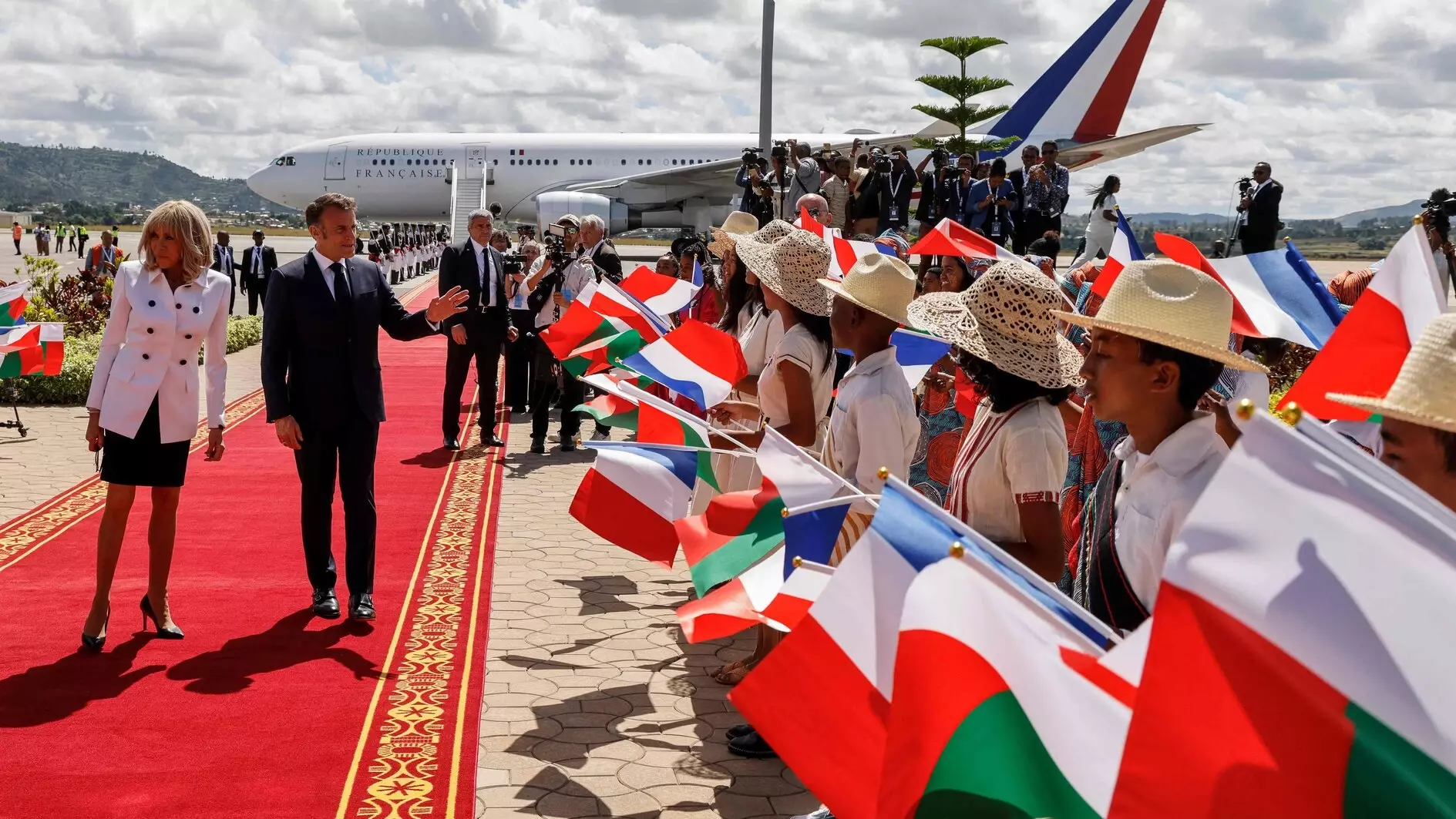
Since late September 2025, Madagascar has been gripped by one of its most severe political crises in decades. What began as public anger over relentless power and water outages has transformed into a nationwide call for President Andry Rajoelina’s resignation.
Inspired by youth uprisings in Nepal and Morocco, the island’s “Gen Z” protesters have filled the streets, demanding an end to corruption and repression.
According to the United Nations, at least 22 people have been killed and more than 100 injured as Malagasy security forces used tear gas, live ammunition, and armored vehicles against demonstrators.
Reports of journalist intimidation and arbitrary arrests have raised fears that the country is slipping into authoritarian rule.
Yet, as violence escalates, France’s response has been notably muted. Paris has limited its reaction to issuing safety advisories for its citizens in Madagascar.
There has been no official condemnation of the excessive use of force, no statement on human rights abuses, and no appeal for restraint.
Critics say France’s silence reflects a long-standing pattern of complicity with African regimes that preserve its interests. Andry Rajoelina, a French citizen since 2014, remains a key figure in Paris’s strategic network on the continent.
The revelation of his dual nationality sparked outrage in Madagascar, where many saw it as evidence of continued French influence over local politics.
In 2009, when Rajoelina seized power through a coup, France was among the first countries to acknowledge his transitional government, despite international condemnation. Over the years, successive French administrations have maintained close ties with him.
In June 2023, President Emmanuel Macron hosted Rajoelina at the Élysée Palace, declaring France’s “firm support” for Madagascar’s upcoming elections—polls later marred by opposition boycotts and allegations of fraud.
Activists say France’s ongoing political and financial backing for Rajoelina proves that Françafrique—the web of postcolonial patronage linking Paris to its former colonies—remains alive.
They point to similar cases in Chad, Gabon, and Cameroon, where France has been accused of prioritizing stability and influence over democracy and human rights.
Madagascar’s strategic position in the Indian Ocean, its mineral wealth, and its proximity to French-controlled territories such as the Scattered Islands make it vital to Paris’s regional interests.
Meanwhile, ordinary Malagasy citizens continue to suffer.
Power cuts last more than 120 hours a week in some areas. Poverty affects more than 90% of the population, and most people still lack access to clean water and reliable electricity.
Protesters, led largely by young people, have issued an ultimatum to the president, warning of intensified demonstrations if their demands are ignored. Despite government reshuffles and military appointments, anger continues to grow.
For many in Madagascar, France’s silence is not neutrality—it is complicity. Sixty-five years after independence, they say, Paris still places its strategic interests above the democratic aspirations of a people struggling for freedom, dignity, and justice.



